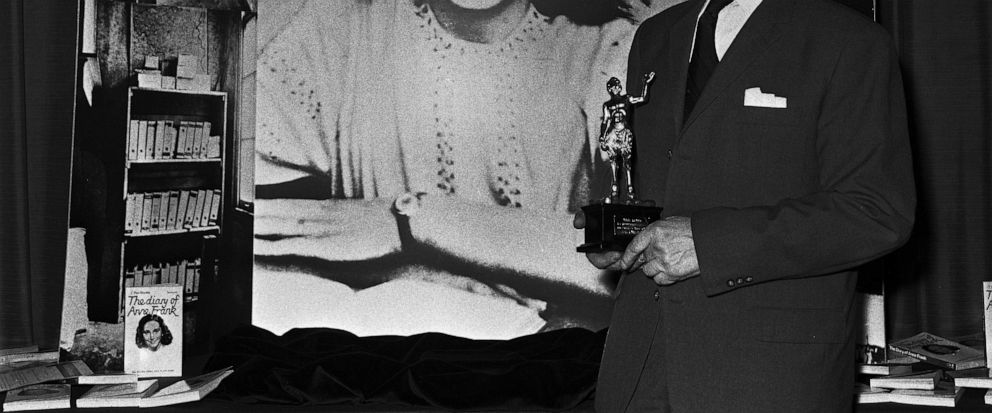A school in Florida has recently removed a graphic version of Anne Frank’s diary from its library shelves after a parent complained about its content. The book, which was adapted by Ari Folman and David Polonsky, contains illustrations that depict the Holocaust and the persecution of Jews during World War II.
The decision to remove the book has sparked controversy among educators, librarians, and free speech advocates who argue that it is an important tool for teaching students about the Holocaust and the dangers of prejudice and discrimination.
Anne Frank’s diary is one of the most widely read books in the world, and has been translated into more than 70 languages. The graphic version was published in 2017, and has been praised for its ability to engage young readers with the story of Anne Frank and her family’s experiences during the Holocaust.
The book includes illustrations that depict scenes of violence and persecution, including images of Nazi soldiers, concentration camps, and gas chambers. Some parents have expressed concern that these images may be too graphic for young readers, and that they could be traumatizing or upsetting.
However, many educators and librarians argue that it is important for students to learn about the Holocaust and its impact on the world. They point out that the graphic version of Anne Frank’s diary is a valuable resource for teaching students about this difficult period in history, and that it can help them develop empathy and understanding for those who suffered during the Holocaust.
Some critics of the decision to remove the book have also pointed out that it sets a dangerous precedent for censorship in schools. They argue that if schools start removing books that contain controversial or difficult content, it could lead to a chilling effect on free speech and intellectual freedom.
In response to the controversy, the school district has stated that it will review its policies regarding book selection and censorship. However, many advocates for free speech and intellectual freedom are calling for a broader conversation about the importance of teaching students about difficult topics like the Holocaust, and the role that books like Anne Frank’s diary can play in that process.
Overall, the decision to remove the graphic version of Anne Frank’s diary from a Florida school has sparked an important conversation about the role of controversial or difficult content in education. While some may argue that the book’s content is too graphic for young readers, others believe that it is an important tool for teaching students about the Holocaust and its impact on the world. Ultimately, it will be up to educators and school districts to decide how to balance these competing concerns and ensure that students are exposed to a wide range of perspectives and ideas.



